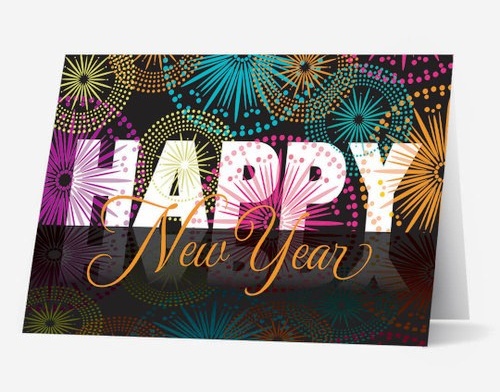
What’s in a name? Sometimes it is.
What’s in a name? Sometimes it is.
‘What’s in a name?’ is a commonly used maxim. The power of a name and its value has long been immortalized in prose, poetry, and religious ceremonies. Everyone recognizes himself or herself by name.
In a commonly quoted part of a dialogue in William Shakespeare’s play Romeo and Juliet, “A rose by any other name would smell as sweet”, Juliet argues that the names of things do not matter, only what things “are”. In Act II, scene II of the play, the line is said by Juliet about Romeo’s house, Montague which would imply that his name means nothing and they should be together.
There was also a trend to use special characters and spellings for business houses, TV serials etc. Recently, a row erupted over renaming Chandigarh as ‘New Chandigarh’. It raised a question as to whether there is anything specific behind keeping the name. The earlier issue of retaining Chandigarh by Punjab or Haryana is yet to be settled.
About three decades back, when the issue of transferring Chandigarh was national news, someone asked me what would happen if Chandigarh was transferred to Haryana. I replied more lightly, ‘Chandigarh would continue to be a part of India.’ The spontaneous reply was, “This is the national spirit”.
Often the word following the first name is descriptive, telling about the character of the person and sometimes this may sound most unusual but it has its importance. There was this old trend of adding village names with one’s name, like that of popular lyricists Sahir Ludhianavi and Majrooh Sultanpuri, and politicians like Parkash Singh Badal.
However, selecting a name for your new business is not easy. A name does more than identify your company. It tells customers who you are, what you do, and more than a little about how you do it. Your name differentiates you from your peers, peaks customer interest, and invites further investigation — if you do it right.
The title of an article indicates what the article is about and distinguishes it from other articles. The title may simply be the name of the subject of the article, or it may be a description of the topic. Since no two articles can have the same title, it is sometimes necessary to add distinguishing information, often in the form of a description in parentheses after the name.
Generally, article titles are based on what the subject is called in reliable sources. When this offers multiple possibilities, editors choose among them by considering several principles: the ideal article title resembles titles for similar articles, precisely identifies the subject, and is short, natural, and recognizable.
Changing surname after marriage is fast becoming an old trend. An impressive number of young brides in the city are sticking to the identities they were born and brought up with.
I used to write “Letters to the Editor’ to various newspapers and has to my credit thousands of them, under the pen name ‘Harish Monga’. One of my seniors would write that D. K. Sahi did not like what he saw as an old[1]fashioned name ‘Darshan Kumar’, but he became more popular as DK. Following him, I too shifted to Harish K. Monga to give a new look to my name.
When I joined some online news portals as a writer, I changed my pen name by suffixing “Dido” to my name. One of the CEOs asked me about Dido as he was hearing the name for the first time. I said, “I spend most of the time on the computer and ‘Dido’ is a short form for “Data In and Data Out”. It resembles “Gigo” the basis of computer technology which denotes ‘Garbage In Garbage Out”. Later on, I gave the suffix to my domain – www.didopost.com
Frankly speaking, what I feel is that names have been linked to many life choices, including what kind of work people do. Have you been given a strange name you don’t like? Or do you know of any bizarre names you’d like to share? You are welcome!





